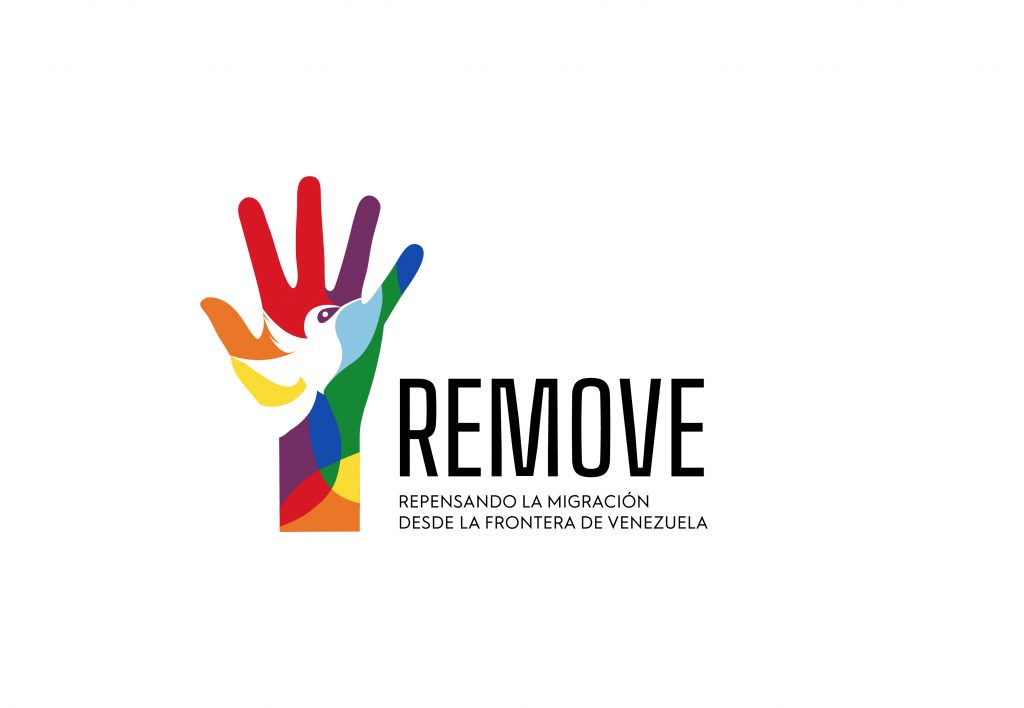REMOVE – Repensando la migración desde la frontera de Venezuela: nuevo programa académico en movilidad humana y convivencia en la Comunidad Andina
General Description:
The main objective of the project is to develop an intercultural and inclusive training offer in the field of human mobility, with a shared teaching methodology between universities, promoting the creation of a common legal framework within the Andean Community for the promotion and protection of migrants’ rights. The new training offer will allow the generation of specific responses in institutional practice on migration issues.
| Reference | 618506-EPP-1-2020-1-IT-EPPKA2-CBHE-JP |
| Action Type | Erasmus+ Capacity Building in Higher Education |
| Project’s Title | Repensando la migración desde la frontera de Venezuela: nuevo programa académico en movilidad humana y convivencia en la Comunidad Andina |
| Acronym |
REMOVE
|
| Start Date | 15.01.2021 |
| End Date | 14.01.2024 |
| Total Duration | 36 meses |
| Coordinator | Università di Bologna (Italia) |
| Partners |
Universidad de Cádiz
Universidad Libre (Colombia) Colegio Mayor Nuestra Señora del Rosario (Colombia) Pontificia Universidad Católica del Perú (Perú) Universidad Nacional de Trujillo (Perú) Universidad Andina Simón Bolívar (Ecuador) Facultad Latinoamericana de Ciencias Sociales (Ecuador) Universidad de Castilla-La Mancha (España) SciencePo Paris (Francia) Università di Siena (Italia) |
| Web | en construcción |
| Objetives |
The specific objectives are:
|
| Responsible | Carlos Miguel Revenga Sánchez (miguel.revenga@uca.es) |
 |
|


